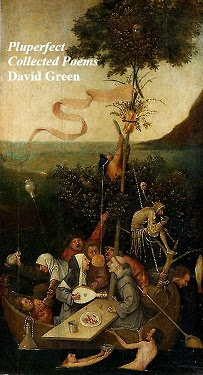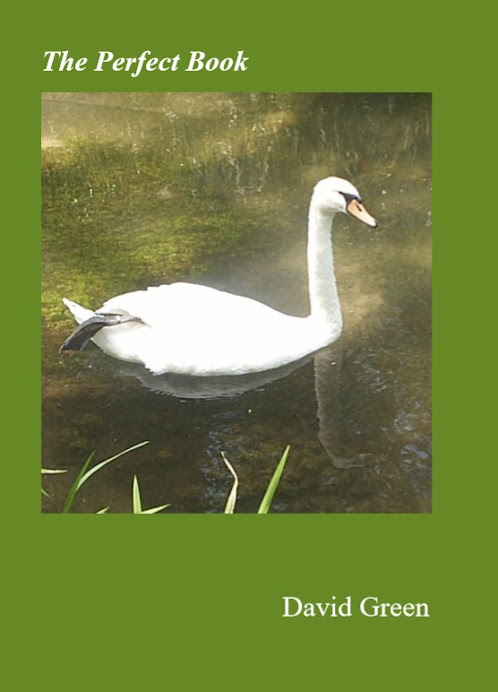
Matthew Welton, 'We needed coffee but...' (Carcanet)
It's tempting to say that Matthew Welton belongs in a category of his own but then, after you have made a list of related poets, composers and artists, it seems like a redundant thing to say.
I was partially but in those places hugely impressed with his first book, The Book of Matthew, having seen somewhere the fairly mainstream poem London sundays. The book proved to be more experimental, idiosyncratic and self-absorbed than that poem had led one to expect but it was an impressive if slightly dubious debut book. Thus the second book, coming along just when one realizes one hasn't thought about the author for quite some time, was ordered on sight with some anticipation.
As with the first book, it proves to divide opinion even among a group of one. Owing more of a debt to concrete poetry and other such avant-garde projects, the book is more 'retro' than 'cutting edge'. This sort of experimentalism has been around a long time now and, as Auden once sagely observed, everything changes but the avant-garde. Thus this book is redolent of the 1960's, kaftans, hashish and I found myself wishing that the Vietnam War could be brought to an end.
In his one-off status, Welton is a bit like Peter Reading but is nowhere near angry enough to emulate him, so it's Frank Kuppner that springs to mind, and John Cage and Philip Glass. In fact, all that the section Four-letter words establishes is that Welton is familiar with Yoko Ono's Grapefruit.
The sequence Virtual airport is ambient poetry evoking a grey, anonymous alienated world in a brave, underwhelming opening.
vier among the Four-letter word poems is an encyclopedic slew of words that look like but aren't swear words that is guaranteed to amuse any intelligent 13 year old boy.
South Korea and Japan 2002 follows the World Cup tournament, cleverly placing its best line,
The wind holds off like an overthoughtful southpaw.
on page 66 so that the reader will return again and again to page 66 like an England supporter still referring back to '66.
The best poem is I must say that at first it was difficult work which is a set of variations on that line in resourceful and ingenious ways. I have posted my own effort in this area One of Oscar's, written some months ago, to illustrate what sort of thing it is. My poem is only 14 lines and the friends I showed it to then were distinctly unimpressed by it so Welton's resourcefulness and ingenuity in this area is clearly much greater than mine.
Six poems by themselves are the most old-fashionedly avant garde in the book, although it is an interesting game to find poems that each of them share their form with. For example, The poem to itself is Larkin's This Be The Verse.
But in Dr. Suss saves it's hypnotic, mesmerising crescendo for the big finale. The book is well-organized enough to have built to a big finish. Its repetitive phrasing and occasionally amusing variations need to be read in full rather than skimmed and it makes for a soothing diversion. Welton comes across as a downbeat personality using his meticulous modernist sensibility to find illuminating, grey music in a dreary, largely soulless world. It is vaguely comforting and as fascinating and meaningless as a drug. On Health & Safety grounds, it should not be read while listening to any album by Moby.
There's no way you could recommend it to a mainstream poetry reader but anyone still enjoying the intoxicating, ground-breaking old 1960's will presumably love it. The mainstream has continued to move on, though.







No comments:
Post a Comment
Note: only a member of this blog may post a comment.